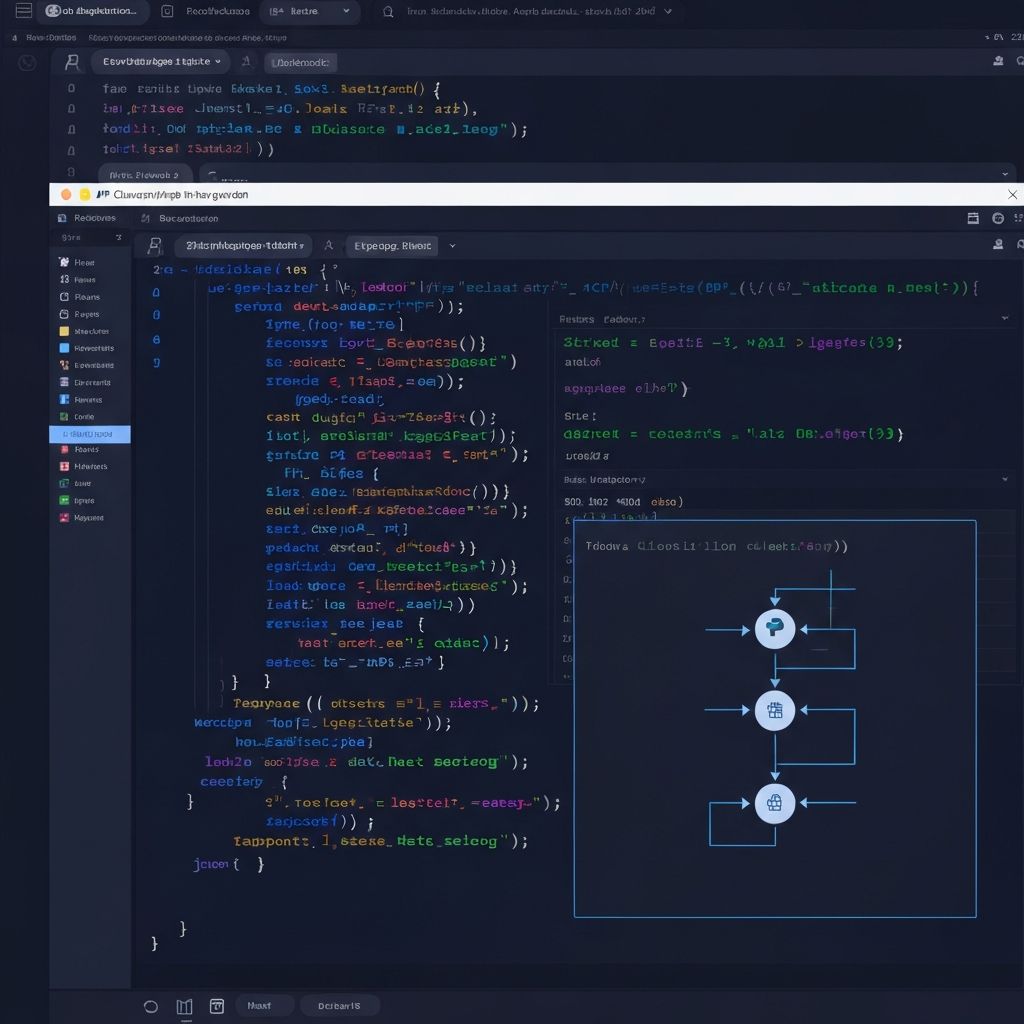
API Integration Guide: Adding Phone Validation to Your App
David Rodriguez
Author
Integrating a phone validation API into your application is straightforward with the right approach. This guide walks you through the entire process with practical examples and best practices.
Getting Started
Before integrating the API, you'll need an API key and a clear understanding of your validation requirements. Consider what information you need: just validation, or also carrier and location data?
Authentication Setup
PilotLookup uses API key authentication. Include your API key in the request headers for secure access. Never expose your API key in client-side code—always make requests from your backend.
Making Your First Request
The validation endpoint accepts a phone number and returns comprehensive data including validity, carrier, line type, and location. Response times average under 100ms for optimal user experience.
Integration Patterns
Real-Time Validation
Implement validation during user input for immediate feedback. Use debouncing to avoid excessive API calls while typing. Validate on blur or form submission for the final check.
Batch Processing
For validating existing databases, implement batch processing with rate limiting. Process numbers in chunks and handle errors gracefully to ensure data integrity.
Summary
Integrating phone validation API is a straightforward process that significantly improves data quality and user experience. Follow these patterns and best practices for successful implementation.